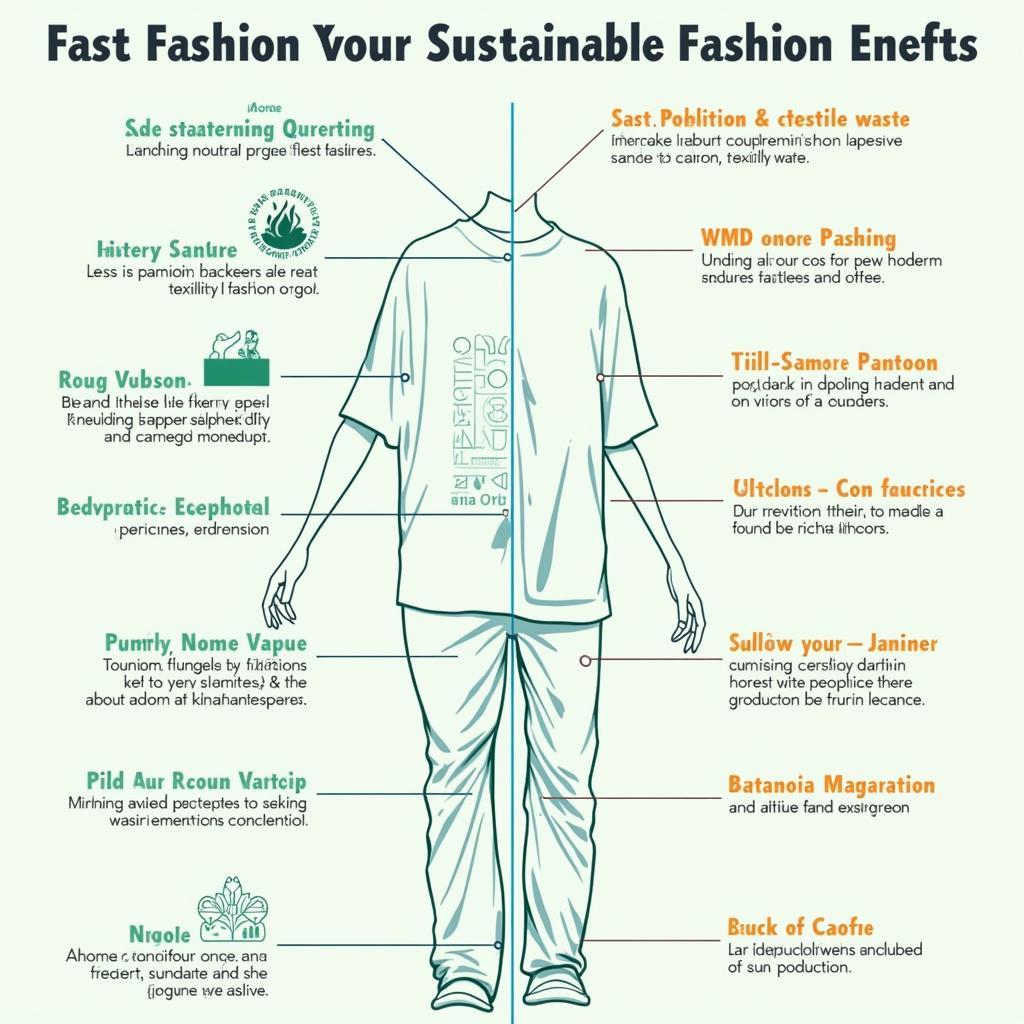Environmental protection and sustainable fashion have become increasingly prevalent topics in IELTS Writing Task 2 examinations. Based on analysis of recent test questions, topics related to ethical fashion and environmental impact appear approximately every 3-4 months, particularly in countries with large textile manufacturing industries like India, Bangladesh, and Vietnam.
The importance of sustainable fashion practices has become a critical global issue that test-takers should be prepared to discuss.
Task Analysis and Sample Question
Some people believe that the fashion industry has a significant negative impact on the environment and that consumers should choose ethical and sustainable fashion options. To what extent do you agree or disagree with this statement?
This question requires candidates to:
- Express their opinion on the environmental impact of fashion
- Discuss the role of consumer choices
- Provide specific examples and solutions
- Consider both environmental and economic aspects

Band 8.5 Sample Essay
The fashion industry’s detrimental effects on our environment are increasingly evident, and I strongly agree that consumers should prioritize sustainable fashion choices. This essay will explore the environmental impact of current fashion practices and discuss why ethical consumption is crucial for environmental preservation.
The conventional fashion industry poses severe environmental threats through various mechanisms. Firstly, fast fashion’s rapid production cycles generate enormous textile waste, with millions of tons of clothing ending up in landfills annually. Additionally, the manufacturing process consumes excessive water and energy while releasing harmful chemicals into water systems. For instance, producing a single cotton t-shirt requires approximately 2,700 liters of water, highlighting the industry’s unsustainable resource consumption.
The importance of ethical consumption in reducing environmental impact cannot be overstated. Consumers can significantly influence industry practices through their purchasing decisions. By choosing sustainable brands that utilize eco-friendly materials and ethical production methods, consumers can drive market demand for environmentally responsible fashion. Furthermore, adopting practices such as buying quality over quantity, supporting second-hand clothing markets, and properly maintaining garments can substantially reduce individual environmental footprints.
In conclusion, the fashion industry’s environmental impact is substantial, and consumer choices play a vital role in promoting sustainability. While transitioning to ethical fashion may require initial lifestyle adjustments, the long-term environmental benefits far outweigh any temporary inconvenience.